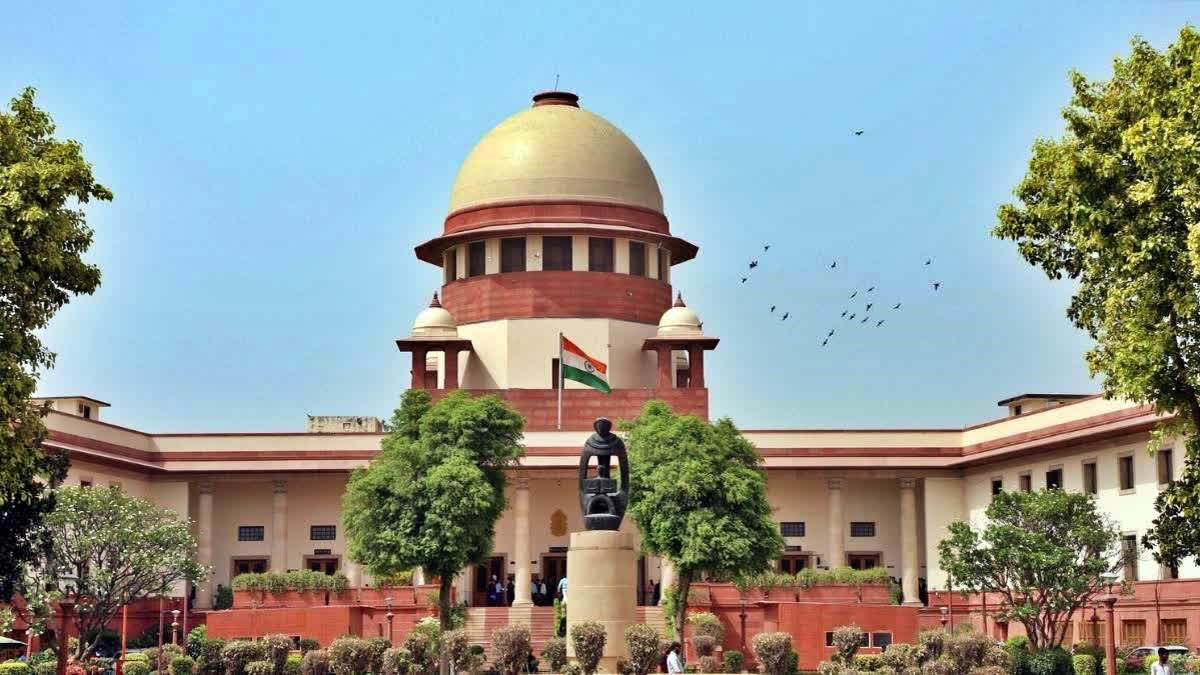New Delhi: The Supreme Court has dismissed a plea from a group of members of the teaching faculty in Homeopathic Medical Colleges in Kerala for enhancing their age of retirement from 55 years to 60 years by extending the benefit of the Government Order (GO) dated 14 January 2010, which increased the retirement age of doctors in the medical category under the Medical Education Service from 55 years to 60 years with retrospective effect from 1 May 2009.
A bench comprising justices Hima Kohli and Rajesh Bindal said: “The appellants herein cannot claim a vested right to apply the extended age of retirement to them retrospectively and assume that by virtue of the enhancement in age ordered by the State at a later date, they would be entitled to all the benefits including the monetary benefits flowing from G.O. dated 9th April 2012, on the ground of legitimate expectation”.
The apex court, in its August 25 judgment, noted various factors that weighed on the state government for enhancing the age of retirement from 55 years to 60 years. “Dearth of eligible hands in the middle-level cadre for promotion, the fact that many post-graduate medical courses were likely to be adversely affected due to the said reason and also the fact that retention of senior professors in service at Government Medical Colleges would help the State Government to increase the number of Post Graduate seats, in terms of the revised norms circulated by the Medical Council of India”, noted the top court.
The bench further noted that the Director of Medical Education had stated that some highly qualified members of the senior dental faculty were due to retire and their retirement would adversely affect the research students working under them.
The bench noted that when it came to the third G.O. dated 7 April 2012, the recitals therein refer to the report of the Director of Ayurveda Medical College who pointed out the dearth of qualified teaching staff in higher categories. “Keeping this scenario in mind, the State decided to enhance the retirement age of the teaching faculty in Ayurveda Colleges from 56 years to 60 years. Lastly, came G.O. dated 9th April 2012 wherein, taking note of the representation received from the Principal of the Government Homeopathic College, Thiruvananthapuram, similar benefit was extended to the teaching staff in Homeopathic Colleges", said the bench.
